Nature. Is nothing but the inner voice of self-interest
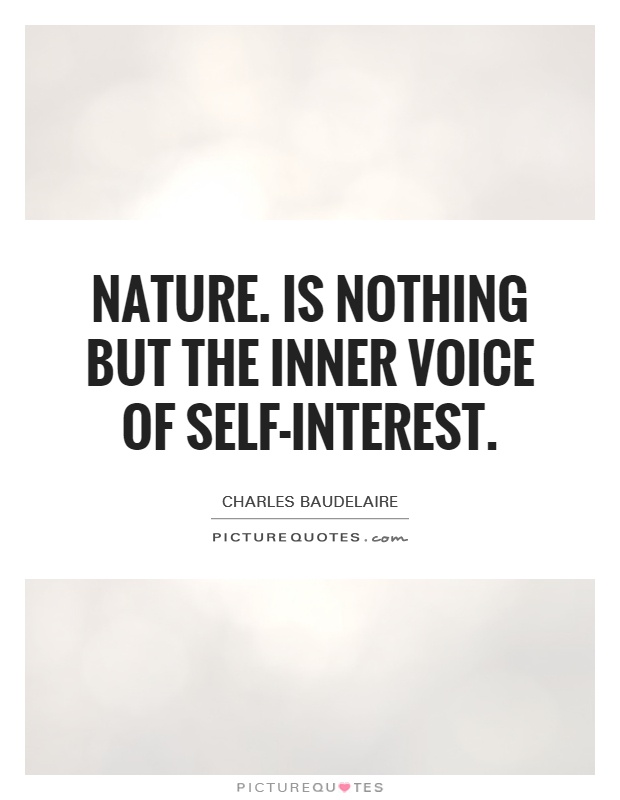
Nature. Is nothing but the inner voice of self-interest
Charles Baudelaire, a French poet and critic, is known for his exploration of the darker aspects of human nature and society. In his work, he often delves into the complexities of the human psyche and the ways in which individuals navigate their desires and motivations. One of his most famous quotes, "Nature is nothing but the inner voice of self-interest," speaks to his belief that human beings are inherently driven by their own desires and needs.When Baudelaire speaks of nature as the inner voice of self-interest, he is not referring to the natural world in the traditional sense. Instead, he is suggesting that our instincts and impulses are rooted in our own self-interest and desires. In other words, our actions and decisions are often motivated by what we want or need, rather than any higher moral or ethical considerations.
This idea is reflected in much of Baudelaire's work, particularly in his exploration of themes such as decadence, desire, and the pursuit of pleasure. In his poetry, he often portrays characters who are consumed by their own desires and driven to extremes in their pursuit of pleasure. These characters are often depicted as being at odds with societal norms and conventions, as they prioritize their own self-interest above all else.
Baudelaire's perspective on nature as the inner voice of self-interest can also be seen as a critique of the ways in which society shapes and influences our desires. He suggests that our instincts and impulses are not purely natural, but are instead shaped by our social and cultural environment. In this sense, our self-interest is not just a product of our individual desires, but is also influenced by the values and norms of the society in which we live.
Overall, Baudelaire's quote "Nature is nothing but the inner voice of self-interest" speaks to his belief in the primacy of individual desires and motivations. It reflects his exploration of the darker aspects of human nature and society, and his critique of the ways in which our desires are shaped by our social and cultural environment.



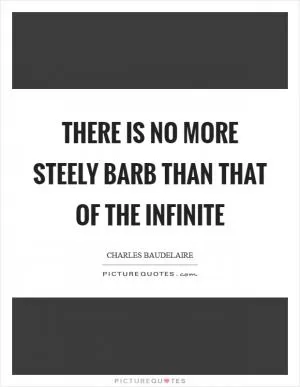

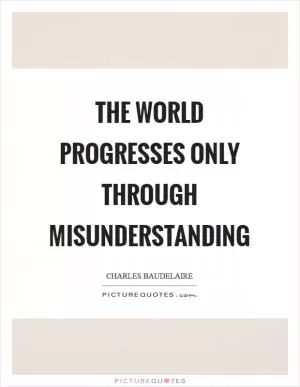

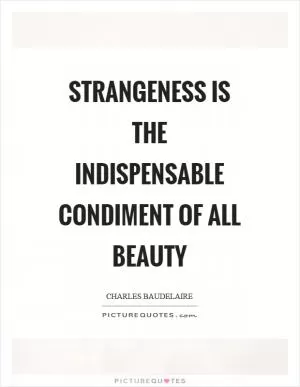


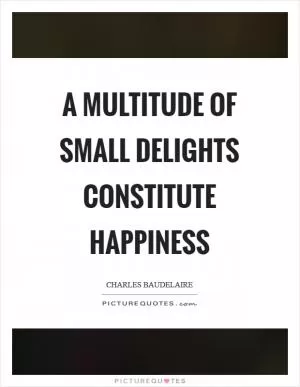

 Friendship Quotes
Friendship Quotes Love Quotes
Love Quotes Life Quotes
Life Quotes Funny Quotes
Funny Quotes Motivational Quotes
Motivational Quotes Inspirational Quotes
Inspirational Quotes